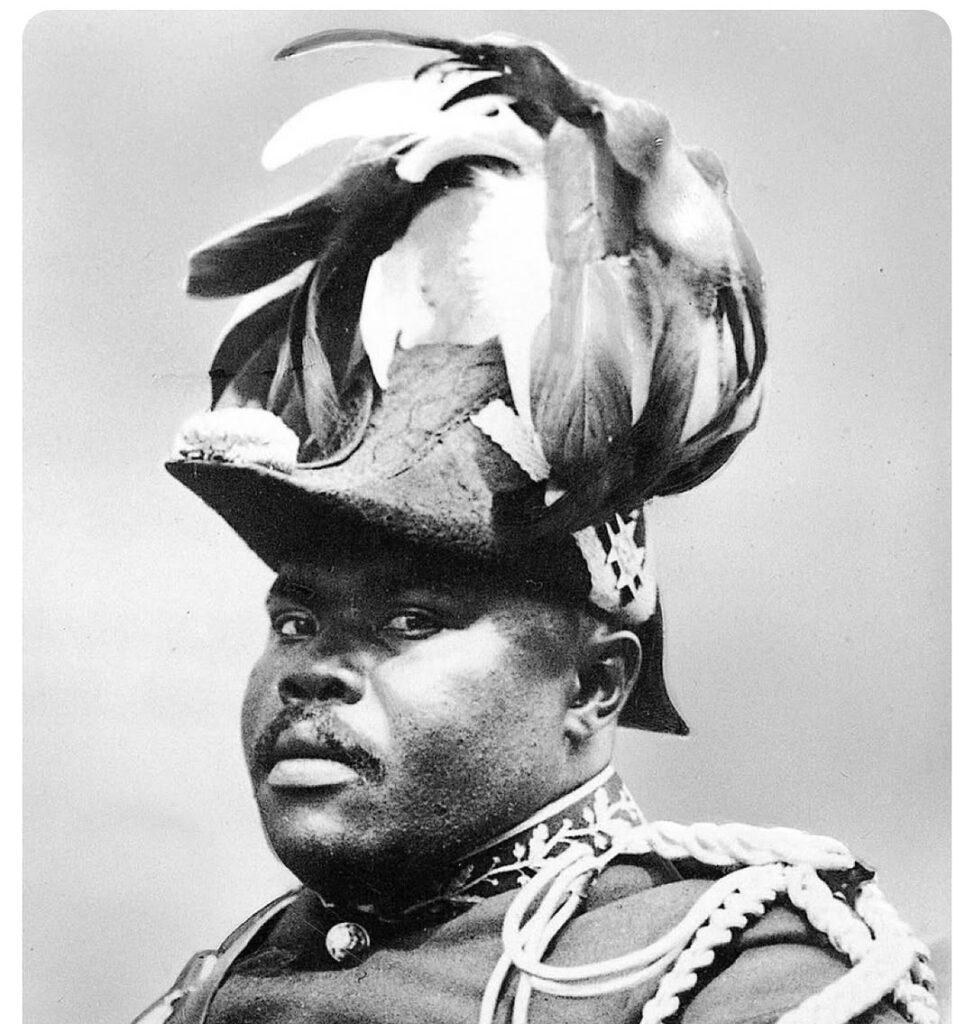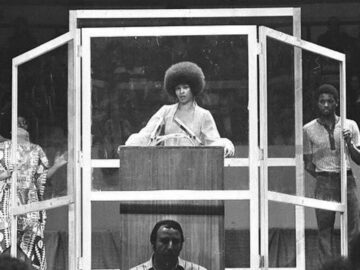
Marcus Garvey, a visionary leader and Pan-Africanist, mobilized approximately 15 million Africans globally in the early 20th century—long before the advent of the internet. He achieved this remarkable feat through the Universal Negro Improvement Association (UNIA), which he founded in 1914. The UNIA became the largest international organization of Black people, with over 1,200 branches in more than 40 countries. Its aim was to uplift people of African descent worldwide through unity, self-reliance, and cultural pride.
Garvey’s movement emphasized economic empowerment and self-determination, championing initiatives like the Black Star Line, a shipping company intended to facilitate trade and connect African descendants globally. The UNIA’s motto, “One God, One Aim, One Destiny,” reflected Garvey’s vision of a unified and prosperous African diaspora. His influence extended to inspiring future leaders and movements, including Kwame Nkrumah, Malcolm X, and the Civil Rights and Black Power movements in the United States.
Though Garvey faced significant challenges, including legal battles and eventual deportation, his efforts laid the groundwork for later Pan-African movements and the fight for decolonization and civil rights globally.



